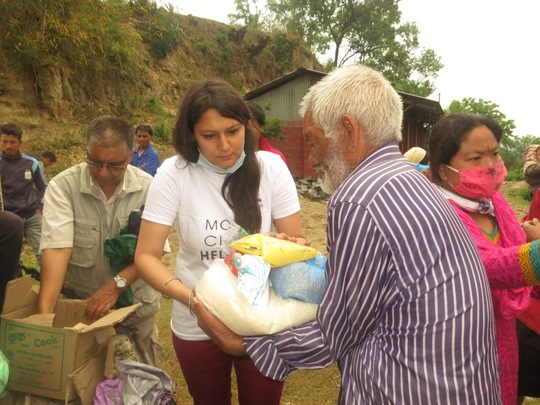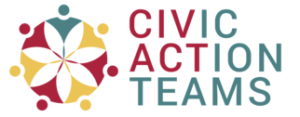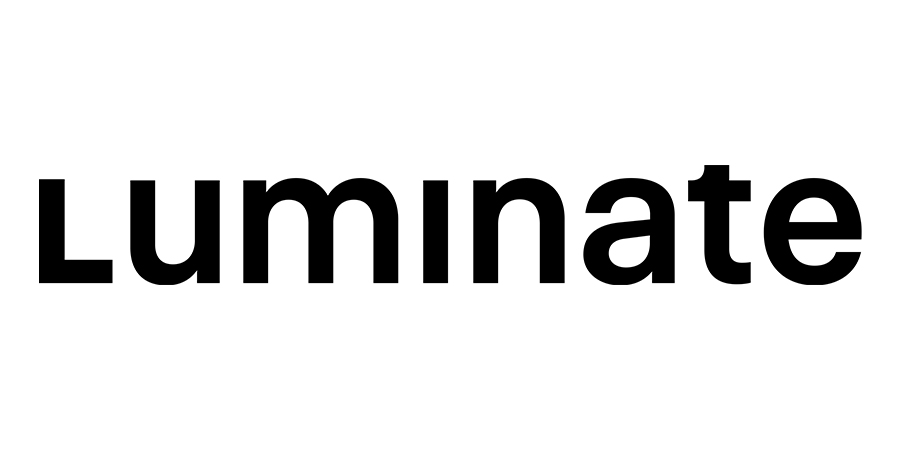
Accountability Lab’s Nepal earthquake relief efforts
Written by: Emily Collins
For earthquake relief in Nepal, connection is key. Displaced Nepali citizens found themselves unable to connect with organizations to provide essential needs, like food, water, and medical aid. Accountability Lab is dedicated to making this connection possible.
At GlobalGiving, we were fortunate enough to get in contact with Narayan Adhikari, the representative for Accountability Lab: South Asia, and gather a bit of look into what is happening on the ground in Nepal. Through their Mobile Citizen Helpdesk project, Narayan and Accountability Lab have been able to visit over 65 communities and directly solve over 100 problems for citizens. Last month, we conducted this interview with Narayan over email.
GlobalGiving (GG): Tell us about the situation where you are right now.
Narayan Adhikari (NA): I am in Nepal now, working with 32 Citizen Helpdesk volunteers. Despite huge tragedy, the helpdesk volunteers have been working around the clock to visit places where people have sheltered, hospitalized and displaced. I am also working with other Citizen Helpdesk partners, the government of Nepal, and the donor community to consolidate everyone’s efforts to provide assistance to the people on the ground.
GG: What is the most urgent need facing survivors?
NA: Not enough tents for shelter, rescue operation are predominantly limited to urban areas and their peripheries, while many families from remote district have been left out from receiving the support they need. Food supplies are very limited in many remote villages. The aid agencies are facing huge challenges to coordinate with one another and conduct needs assessment for proper and fair distribution of relief.
GG: What kinds of assistance are you providing to survivors?
NA: We are visiting the affected areas with the help of our volunteers, collecting information from direct interaction with victims, listening to their problems, helping them obtain appropriate information, and connecting them with relief organizations and the government. We are also working with the government to assess their data received from citizens through the mobile hotline 1234, where more than 25,000 voice calls have been received directly from citizens.
GG: What’s the biggest challenge you’re facing in delivering aid?
NA: One of the biggest challenges is getting the right information about the disaster. The media reports and government data are frequently not available. Other key challenges in the aid delivery are: lack of coordination among relief organization and government; unequal and unfair distribution of relief packages; difficulty reaching the most affected areas in remote districts. We are working to help alleviate these challenges as much as possible. Our biggest challenges is quickly raising the funds needed to roll this project out as far as possible.
GG: What do you believe the long-term recovery needs will be?
NA: More mobile helpdesks are needed to assess needs and gather feedback from the local people. The information should be shared with government and aid agencies, and these stakeholders should manage relief efforts with strong and efficient routes to reach affected households and individuals.
The current mechanism of budget allocation and disbursement is a very slow, lengthy, highly corrupt, and overly political process, and it is not going to solve the problem at all as long as we are not able to create short-cuts for the current disbursement mechanism (i.e. from center to household without any intermediately).
Individual households need to be provided with enough support with technical skills, proper materials and labor to sustainably re-build their homes. There has to be citizen oversight to monitor relief and make sure it is utilized in effective ways.
GG: How long do you expect to be working on relief and recovery efforts?
NA: At least 2 years. Even as we transition back to our other accountability programs, earthquake relief and the accountability of the aid system will continue to be a key issue and component that they cover.
GG: How does the situation compare to other disasters you’ve responded to in the past?
NA: We have not experienced anything like this before in Nepal. The other key country that Accountability Lab works in is Liberia—which just faced the deadly Ebola crisis last year. That it was a very different sort of crisis, and our response there focused more on creative awareness campaigns. However, in both situations we had to mobilize quickly, find ways for citizens to get involved in improving their community, and try to build trust between citizens and their government. Both have affected all aspects of the country and will have long-term repercussions.
GG: From your perspective, are relief efforts well-coordinated between the various NGOs and government responders?
NA: Not really, and that is part of the reason why we’ve set up the Mobile Citizen Helpdesks. With better coordination between NGOs and government, the people would can get better quality support, sooner.
GG: What about the situation currently in Nepal do you think most people may be unaware of?
NA: People are traumatized and are full of fear. Many people, especially from affected communities, do not have any idea what to do and have not been able to get reliable information and direct channels to raise their voices.
GG: What are the advantages that a local NGO has over an international NGO? vice versa?
NA: Local NGOs are more connected with the locals and understand the situation better than INGOs. Thus they have more human capital and contextual understanding, while INGOs typically have more financial resources.
GG: What about Nepal specifically makes responding to this earthquake a unique challenge?
NA: Nepal hasn’t had local elections in 18 years so there is very little accountability in the local government, which has an important role to play in distributing aid. There is systemic corruption and a highly inefficient bureaucracy in the government that has delayed Constitution making for years, and is in many responding similarly to the disaster. Furthermore, given Nepal’s poor economy, a huge number of Nepalis work abroad, thus leaving a gap in an important work force. On the other hand, Nepal has a very active youth and civil society population that have risen to the challenge in many ways.
This article was originally published by GlobalGiving





